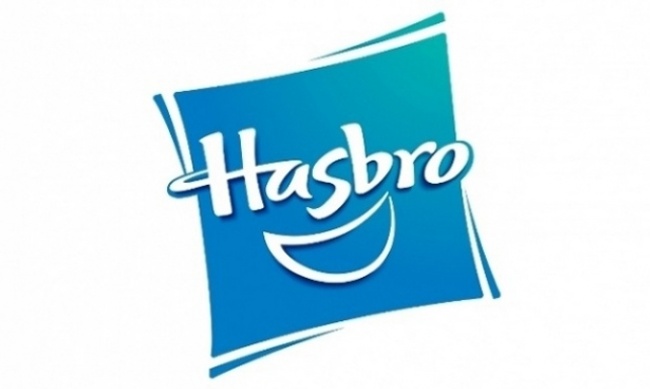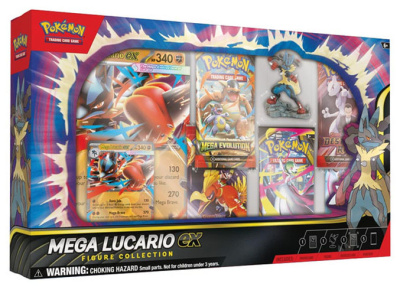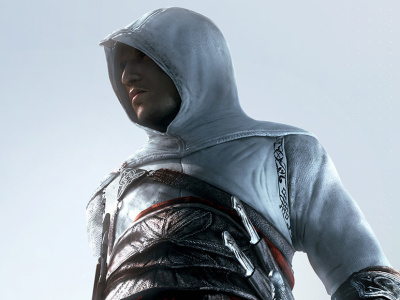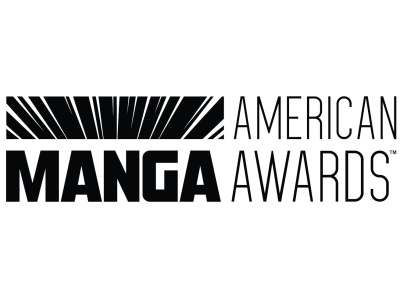Rolling for Initiative is a weekly column by Scott Thorne, PhD, owner of Castle Perilous Games & Books in Carbondale, Illinois and instructor in marketing at Southeast Missouri State University. This week, Scott explores how the recent moves by Hasbro may indicate that they may be shopping Wizards of the Coast in the near future.
I received several emails regarding last week’s column, and a couple of them brought up yet another possibility (see "Rolling for Initiative -- Of Cauldrons and Lawsuits"). Hasbro might be cleaning up loose ends in preparation for selling off WotC. Consider the following points:
- Hasbro never really wanted to deal with Dungeons and Dragons or Magic: The Gathering. For decades, Hasbro has focused on either developing its own lucrative product lines (My Little Pony) or acquiring the licenses to hot or long lasting properties (Star Wars, Transformers). If you have been in the industry a long time, you will remember that WotC started off as a third party creator of fantasy RPG compatible supplements, most notably Primal Order. It launched the Magic line in the early 1990s, and then bought the assets of TSR in 1997 as well as secured the license to Pokemon in 1998, releasing the first coveted packs for the game in the US in January 1999. Hasbro saw how hot the Pokemon license was and wanted it. The easiest way to accomplish that:buy the license holder. Unfortunately, WotC’s license from Nintendo ended in 2003 and, rather than extending it, Nintendo opted to take the license back and take card production in house, more or less, creating the Pokemon Company to handle TCG sales, leaving Hasbro with D&D and Magic, neither of which lent themselves to building a strong toy brand. Granted Hasbro has done exceedingly well with the two brands but the company has not had much success developing either a second TCG or RPG brand.
- Hasbro knows board games. If you remember, earlier this year Hasbro opted to move the WotC board game lines from WotC to the parent company (see "Rolling For Initiative -- Exploring The Possibilities After Avalon Hill's Move to Hasbro"). At the time, I was more interested in the effect of the move on FLGS profit margins and distribution of the WotC portfolio of board games, the few of which WotC has successfully brought back to market. However, if Hasbro has plans to sell the company, keeping the part of it that Hasbro understands and has successfully sold for decades makes sense. Just look at the recent crowdfunding program for HeroQuest (see "'HeroQuest' Makes Its Triumphant Return to the Tabletop")
- Cleaning up the company. If Hasbro is wanting to shop the company around, it would be a much easier sell without any outstanding contracts into which WotC had entered. In both the Weis- Hickman (see "Margaret Weis and Tracy Hickman Sue Wizards of the Coast Over Cancelled 'Dragonlance' Books") and Gale Force 9 lawsuits (see "Gale Force Nine Sues Wizards of the Coast"), a cursory look at the cases indicate situations that the parties could have reached negotiated settlements regarding, instead of a hard and fast lawsuit to end the contracts. If word arrives of Hasbro/WotC breaking its contract with WizKids for the D&D line of miniatures and WizKids filing a retaliatory lawsuit, the idea that Hasbro plans to put the division up for sale becomes a lot more plausible.
- Who Would Buy? This is the part that always put me off about a sale of WotC by Hasbro. Who could buy the company? I can think of a number of companies that would like to buy WotC (Paizo, Goodman Games, Troll Lord Games and Kobold Press come to mind), but none, at least not that I know, have the cash flow available to fund such a purchase. Publishing RPGs is not a path to riches. However, the successful sale of Asmodee in 2018 to a private equity firm indicates that there is interest in investing in the game industry from companies outside it (see "Rolling for Initiative--Why You Shouldn't Worry About the Sale of Asmodee"). A similar private equity company might see significant value in acquiring both the top RPG and top TCG brands in one fell swoop.
What do you think? Does this seem plausible? Email castleperilousgames@gmail.com with your thoughts.
The opinions expressed in this column are solely those of the writer, and do not necessarily reflect the views of the editorial staff of ICv2.com.









